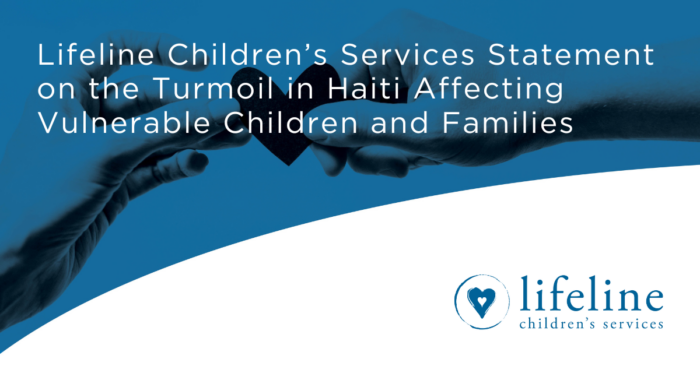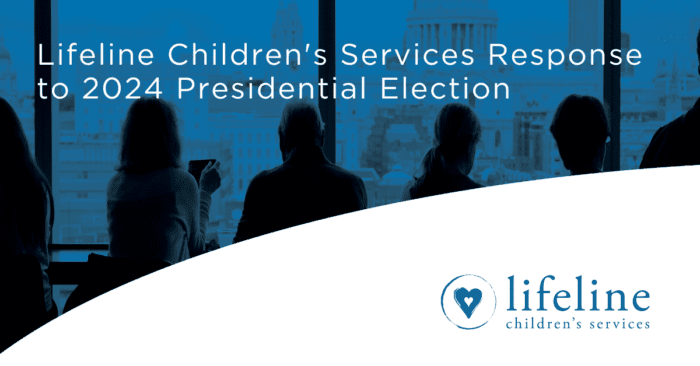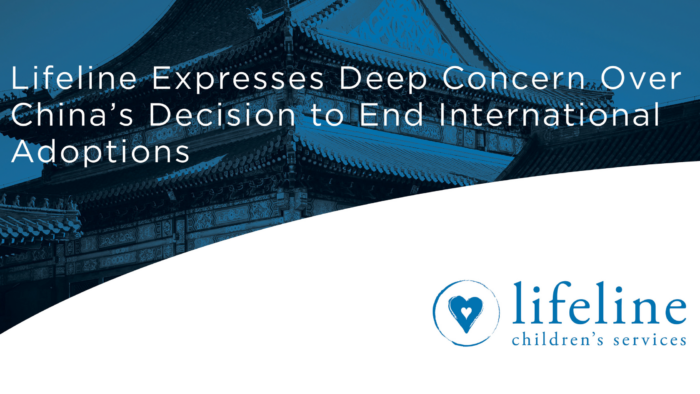

Hear from Dave Wood, Lifeline’s Director of International Programs, as he shares about the expenses of international adoption.
I’m often asked two primary logistical questions in regards to adoption: “Why does it cost so much?” and “Why does it take so long?” In many ways the two questions are interrelated. Having a better understanding of these questions can benefit almost every prospective adoptive family. So, let me begin the discussion with the end in mind.
The ultimate goal of every adoption process is a healthy adoption that is free from fraud and always serving the best interest of the adoptive child. Thus, adoption encompasses more than a changed zip code and last name. Prospective adoptive families must be appropriately screened, educated, and equipped for life post-adoption. Best practice measures must be followed to ensure no unnecessary delays occur and that the process is in accordance to all laws.
Because every child is significantly valued by their Creator and by us, the standard of service and protection given throughout the adoption process must be equally significant. Understanding that adoption comes from loss—e.g., someone died, a child was abandoned by a birth parent, or a child was removed from a harmful situation—these vulnerable children need a pure voice of advocacy committed to their best interest. Placing each of these precious children into a qualified, equipped family is a difficult and sacred trust and should represent a marvelous picture of God’s protective love toward us.
In addition to this moral mandate, The Hague Convention (Hague) was enacted fully by the U.S. in 2008 to preserve the right of orphaned children to experience the love and protection of a family through legal intercountry adoption. Under Hague guidelines, U.S. agencies must develop a qualified adoption program in order to place vulnerable children from other countries into the homes of families from the U.S. Therefore, the process of adopting from Hague countries requires an agency that has been accredited accordingly.
Because of the guidelines that exist to complete the adoption process in the best interest of each child, which includes adequately preparing families and following lawful mandates, completing the process of adoption involves fees in three over-arching areas: agency fees, in-country fees, and out-of-pocket expenses.
Agency fees allow an accredited agency to comply with the extensive standards of service and requirements set in place for adoption, including the follow services:
- Carefully and professionally screening, educating, evaluating, equipping and training, coaching, counseling, reporting, and administrating the following groups of people: agency staff; each prospective adoptive family; the agency’s on-ground facilitators; and foreign supervised providers, including attorneys and employee representatives
- Collecting, reviewing, authenticating, translating, and shipping official documents according to regulations
- Completing all work in compliance to state, federal, and international law and documented accordingly
- Maintaining quality relationships with U.S. Immigration, the U.S. State Department, the U.S. Embassy in each country, the central authority in each country, international and U.S. courts, as well as individual social welfare institutions
- Maintaining liability insurance, facilities, equipment, and more to provide the necessary tools and services to ensure families, children, and staff are getting the best possible care
In addition to agency fees, families can expect to submit fees for other necessary parts of the process, which could be paid through the agency or directly to a service provider. These fees include the following requirements:
- U.S. Immigration review and approval
- Dossier submission to the country of origin
- In-country attorney and liaison fees
- In-country court costs, etc.
- Medical evaluations
Also, there are often wide-ranging fees directly related to the in-country adoption program through the country’s central authority, regional authority, social welfare institute, or some combination of these three. These fees vary by country, and Hague requires agencies to list the expected fees on their website.
Adopting internationally involves travel and, therefore, out-of-pocket expenses. These expenses vary widely by country and are dependent on many factors, most important the length of time in country. Time in country will vary from weeks or months, and some countries require multiple trips. In fact, these third party out-of-pocket expenses often total close to one half of the total cost of international adoption and can include the following items:
- Passport and visa fees
- Flights
- Lodging
- Food and supplies
- In-country transportation
- In-country facilitation
- Outings
There’s no way around it—the adoption process is expensive because much is required and necessary to protect and serve the precious children who need families. It is, though, a picture of God’s amazing but costly grace that allowed us to become one of His children. Ask any adoptive family that you know if the journey was worth it . . . most will tell you that fulfilling God’s call to adopt is an incredible joy!
Now, here’s some good news on the financial side. The vast majority of families qualify for grants, scholarships, no interest loans, and U.S. government tax credits. Go here to learn more!
If you believe God is leading you to consider adoption we would love to talk with you! Contact us online or at 205-967-0811.



